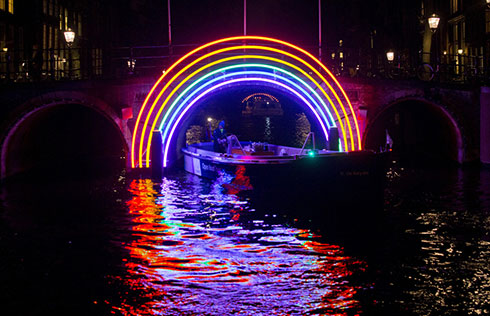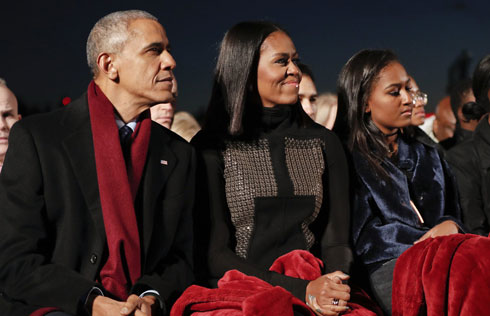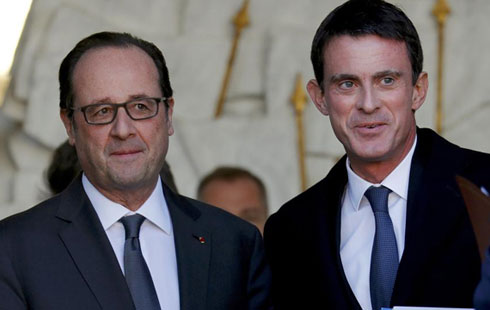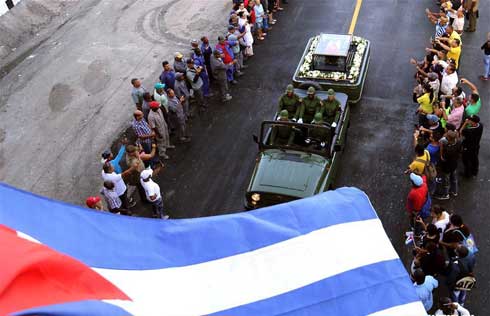Gulf Coast oil spillers to face day in court
Its spill bill is already impressive: Accounting provisions total $42 billion - about 30 percent of its stock market value. It has sold assets worth $38 billion to finance compensation, clean-ups and fines. It has paid, or committed to pay, $37 billion of this. The actions have sliced $5 billion a year, or 14 percent, off its cash flow - a basic money-making measure.
And there is more to come. That is why, even on forward measures of earning power, a shrunken BP still lags its peers.
If BP is found "grossly negligent" - a key question for the trial - its fine under the US Clean Water Act could be as high as $17.5 billion based on a total of 4.1 million barrels spilled and a maximum fine of $4,300 a barrel.
It could also be much lower, at a maximum $1,100 per barrel, or $4.5 billion, if BP's claim that it was "no more than negligent" is proved.
Aside from the Clean Water Act, two other claim groups come under the jurisdiction of Barbier, a federal judge for the Eastern District of Louisiana. Both are harder to quantify.
Economic damage claims totalling $34 billion have been made by Gulf Coast states including Louisiana and Alabama. BP has said these are excessive, and that its clean-up spending had a positive economic impact.
A third set of claims, for natural resources damage, has not even been quantified yet.
PROVING GROSS NEGLIGENCE
From Monday, phase one of the trial will focus on the level of negligence and on apportioning blame among the defendants.
Phase two will focus on the number of barrels spilled from the blown-out well.
Together, they could drag into next year, and neither phase will consider the size of any fine. But a gross negligence finding could open the way for extra costs in the form of punitive damages.
Experts point out that strong evidence of a reckless and willful disregard for employee safety and environmental health would be required to prove gross negligence.
"It is very difficult to prove, and that is something that these defendants are counting on," Sabino said.
Zavitsanos cited the 1970 Ford Pinto Memo as one of the few cases where the evidence was strong enough to prove gross negligence. In this case, Ford Motor Co was shown to have been aware of a design flaw and that a crash could puncture the gasoline tank and cause a fire. It was also shown to have decided to risk death and injury lawsuits rather than fix the design.
Steve Herman, one of the lead lawyers for the plaintiffs, said they contend there is "overwhelming evidence" that BP, Transocean and Halliburton "were all grossly negligent, and we look forward to laying bare that evidence for all to see."
Alabama Attorney General Luther Strange, who will speak for the states in the trial, agreed that the evidence would show BP's conduct reaches the level of gross negligence and said expert testimony would prove "very, very damaging to BP."
Strange plans to pummel BP with declarations that the spill was both predictable and preventable, and that the company fosters a "culture of callousness."
"It's a focus of profits over safety," he said in an interview on Thursday.
The companies have consistently held that whatever mistakes were made, they don't rise to the level of gross negligence.
The case is In re: Oil Spill by the Oil Rig "Deepwater Horizon" in the Gulf of Mexico, on April 20, 2010, No 10-md-02179, in the US District Court, Eastern District of Louisiana.
- US judge okays BP plea, $4b penalty in oil spill
- Transocean to pay $1.4b for role in BP oil spill
- BP to pay US govt $4.5b to solve oil spill claims
- BP to pay record fine for 2010 oil spill
- Mobil deploys workers to contain oil spill in S. Nigeria
- Typhoon-triggered oil spill cleaned up in S China
- Nigerian Senate debate oil spill bill
- Oil spill lawsuits find way to Texas court
- Bohai Bay oil spill lawsuits filed in US
- Oil spilled into Russian river in Siberia
- 3-year plan to heal wounds of Bohai Bay oil spill
- ConocoPhillips to pay $173m over N China oil spill




















